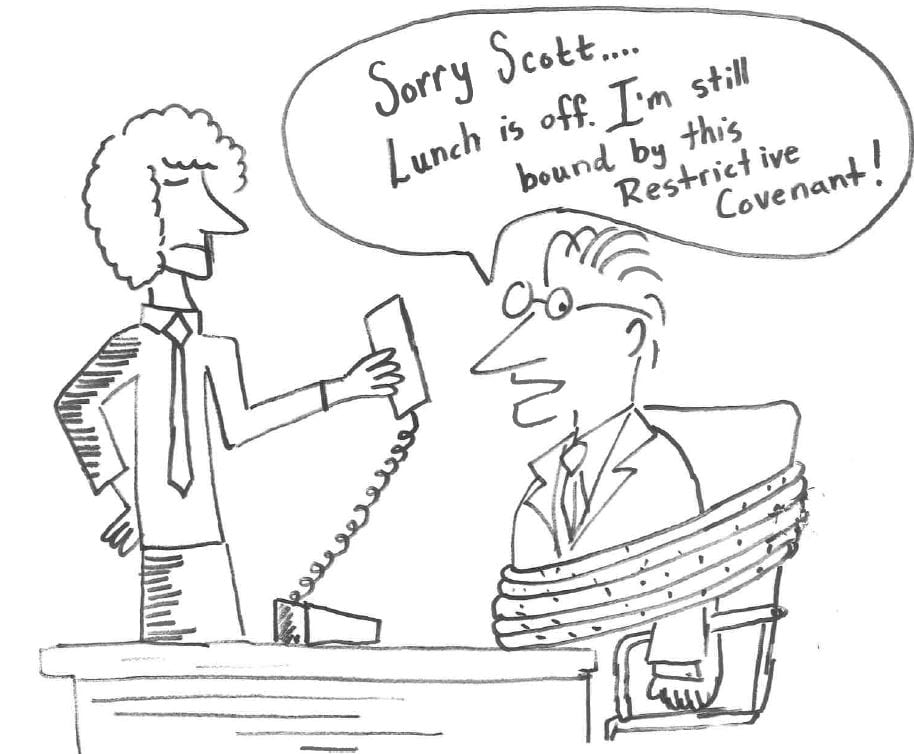Restrictive Covenants
The term “Restrictive Covenant” sounds heavy but in fact it’s not always a bad thing! We encourage our clients to get to know every nuance about the subject property that they can because it’s important to know exactly what their getting in to. Too often other things like a home inspection can absorb attention away from things that may be overlooked and that could affect the usage of the property- things like pending charges, covenants, and easements associated with the property.
When putting in an offer on a home it is a good thing to pay attention to what you’ll find on a title search of the property itself. There are a number of items to focus on during the subject removal process including any restrictions put in place on the land itself. These could include any number or none of the following- pending charges, covenants, and easements associated with the lot.
Restrictive covenants in real estate are something that you’ll find on the title search. These covenants may or may not affect the subject property but it is good to know what will or will not restrict what you can do with either the lot or the house itself. This blog article is to help you out when it comes to understanding what is a Restrictive Covenant is in BC.

What is a restrictive covenant?
A restrictive covenant is a type of legal promise contractual arrangement which limits or restricts the usage of one owner of property in relation to a neighbouring property. This legal promise usually benefits a neighbouring property in an effort to place limitations on what they can do with their property. This is a common effort to legally secure the peaceful enjoyment between neighbouring property’s with the intent to enhance property values, control development, and in some cases create uniformity.
These covenants are attached to a property title and registered at BC Land Titles office and interestingly as such are enforceable outside of municipal zoning bylaws or restrictions. It is extremely important that you know the charges, covenants, and easements registered to a property before you decide to purchase it, as it may restrict any future development plans for building.
Does a restrictive covenant run with the land?
Yes, a restrictive covenant runs with the land. Therefore, a person who purchases a lot with a restrictive covenant on title must honor the building limitations of this restriction. When an owner sells the property to a new purchaser, the new owner must be aware of the covenant so that they can comply as well.
A restrictive covenant may be petitioned to be removed from the title. We highly encourage separate legal consultation and advice on how a restrictive covenant may impact the usage and enjoyment of any subject property during the subject removal process.












